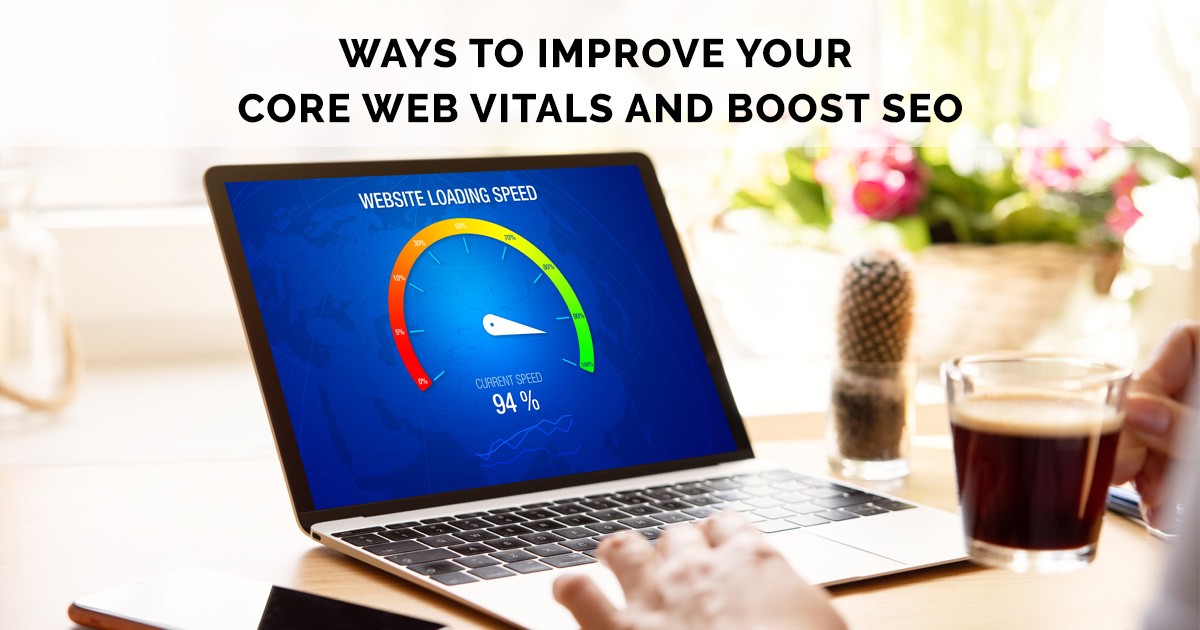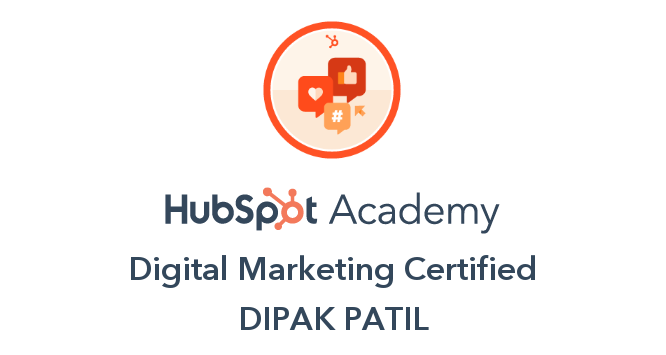
With the launch of Google’s new Core Web Vitals, website owners might be feeling overwhelmed by the number of elements to consider when optimising a website's user experience. Although there is no “one size fits all” approach to improving your core web vitals, making a few simple changes can greatly improve your website’s performance and boost SEO.
Fortunately, improving core web vitals to help boost your SEO isn’t too difficult. A few simple changes can make an enormous difference in terms of optimising your website’s performance and boosting its ranking in SERPs.
Take a look at these strategies for doing just that:
Run speed tests often
To ensure that your website is up to date with industry standards for loading times and user experience, running speed tests regularly is key. With a speed test, you can check how long it takes for your webpages to load on both desktop and mobile devices, which will give you a good idea of how well-optimised your website is for performance. Additionally, by measuring important metrics such as First Contentful Paint (FCP), First Input Delay (FID), and Cumulative Layout Shift (CLS), you can keep track of how efficiently visitors are working with the different elements on the page.
Moreover, regularly running speed tests helps identify any issues related to server requests or slow-loading elements on pages, which if left unchecked could lead to a poor user experience and even loss of conversion opportunities. By keeping an eye on these metrics, businesses can make improvements accordingly so their website performs at the optimal level for users in order to prevent any potential issues from arising in the future. Speed tests should also be utilised alongside tools like analytics platforms where website owners can track changes in performance over time.
Optimise images and videos
Images might be eye-catching additions to your content but they tend to take a lot of time to load. So make sure they are compressed properly by using image optimization plugins like WP Smush or Imagify so that they don't slow down page loading times. Also, break up any large video files into smaller chunks so that they can be streamed more quickly and provide better user experience for visitors on your site.
When optimising images and videos for SEO, it is important to consider image size, file format, and other aspects such as captioning and alt tags - all of which can boost rankings on search engine results pages.
In terms of videos, breaking them down into smaller chunks not only helps with page load speed but also allows SEO experts to optimise each section of the video individually with meta titles and descriptions that adhere to best practices. Utilising transcripts of videos are also a great way to capture additional keywords that may not be included in the original content.
Another useful tip when optimising images is making sure that captions are included for each image as this will help search engines better understand the context of a webpage and its relevance key search queries. The same applies for adding alt text to images, as this provides an alternative explanation when a user hovers their mouse or taps on an object in a webpage. Alt text can also help people who suffer from visual impairments navigate websites more easily by providing a descriptive explanation of what’s being displayed in an image or video clip.
Optimise code behind the scenes
Make sure all the code running in the background of your site is well-optimised by minimising asset requests and reducing server response time. Optimising code behind the scenes is an essential part of SEO best practice. When a user visits your website, the browser needs to process all the code that makes up your site and then display it to them. If the code is not properly optimised, this can significantly slow down page loading times.
To ensure optimisation of code behind the scenes, businesses should minimise unnecessary asset requests such as images and other media, which use up valuable server resources and take longer to load. What does it mean?The code should be optimised by reducing server response time. This can be achieved by identifying and removing any unnecessary lines of code or bulky scripts and making sure that only necessary files are loaded when users access your webpage. CSS minification and GZip compression are also effective methods for reducing server response times and speeding up page loading times on webpages.
Doing this can help businesses generate more organic traffic from search engine result pages, as faster loading times are highly valued by search engines such as Google in their ranking algorithm. Using well-optimised coding can improve overall user experience for visitors on websites, as faster loading times result in a smoother browsing experience with no delays or interruptions.

Enable caching & Accelerated Mobile Pages (AMP)
Caching is an important part of making web pages load faster, especially for websites with large numbers of visitors. Caching helps by saving a version of the page's HTML code to the server so that future requests for the same page do not have to retrieve dynamic HTML from a database each time. It stores a copy of the content from previous visits and serves it up quickly to new visitors when they navigate to it, greatly improving overall webpage loading times. It can also help optimise site performance on mobile devices as well – which is where Accelerated Mobile Pages (AMP) comes in.
AMP is an open-source framework that works by using specially designed caching techniques and other optimisation methods such as CSS styling to ensure optimised speeds for mobile users. By implementing AMP, websites can load almost instantly compared to their non-AMP versions, providing potential clients with a better user experience as well as boosting search engine rankings due to improved loading times.
Use Autoptimize Plugin & Content Delivery Network (CDN)
The Autoptimize plugin is a powerful tool for website performance optimization that enables users to minify, compress, and optimise various script and stylesheet elements of their websites. By doing so, pages load faster since it reduces the number of requests the web browser needs to process in order to render the page properly. Having fewer extraneous code on pages improves initial loading times as smaller files are loaded onto browsers quicker than those with additional blurbs of code.
Content Delivery Network (CDN) is used along with the Autoptimize plugin and can significantly reduce response time when serving website content by storing cached versions of your content on different servers located around the globe. When a user tries to access your website, they are routed to the closest server thus improving overall page load speed due to reduced latency; as data does not have to travel as far from server-to-user. CDNs also offer robust features such as geo-filtering and secure content delivery that help handle spikes in traffic and malicious bot attacks.
With these services combined, businesses can make sure their website performance remains optimal regardless of location or amount of users accessing their sites at any given time.
SEO Expert Services Melbourne
Webplanners is a professional SEO expert service based in Melbourne, Australia. We specialise in helping businesses of all sizes develop an effective and result-driven search engine optimization strategy that will enable them to reach their target audience and get more leads. Our knowledgeable SEO experts are experienced in working with businesses to create tailored SEO strategies that include researching the right keywords and optimising website content accordingly to maximise visibility in search engine results and boost the site’s core web vitals.
Our team of passionate professionals strive to create long term relationships with clients while delivering top notch SEO services. Do you want a successful online presence for your business? Contact us today!
Suggested Read: Understanding the Four Pillars of SEO: How to Create a Winning Strategy


